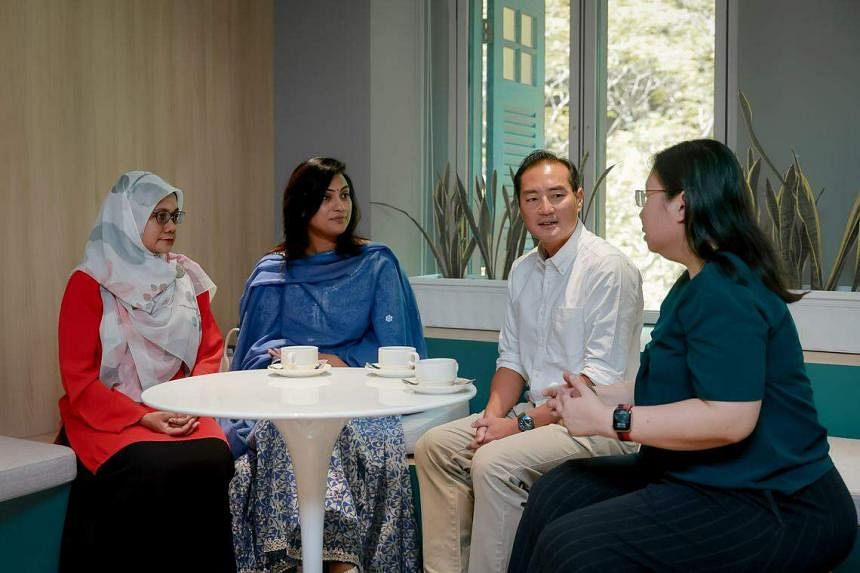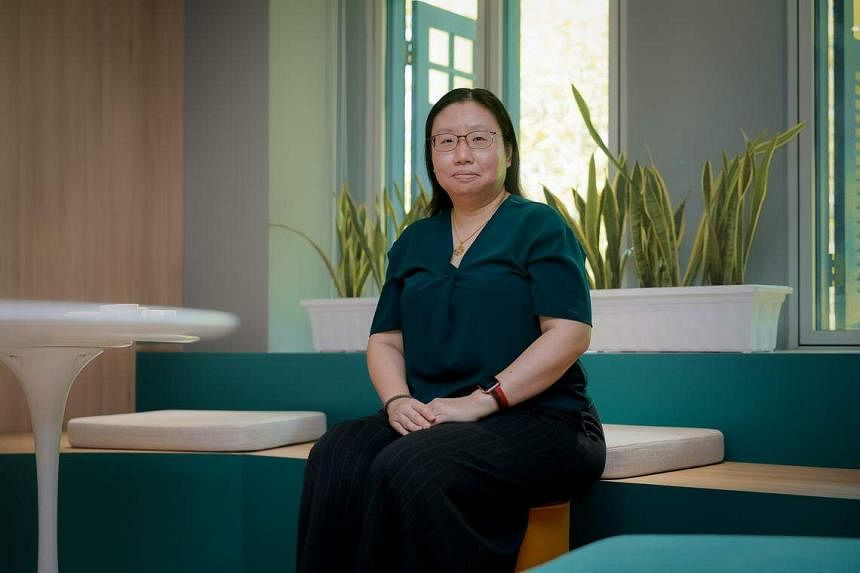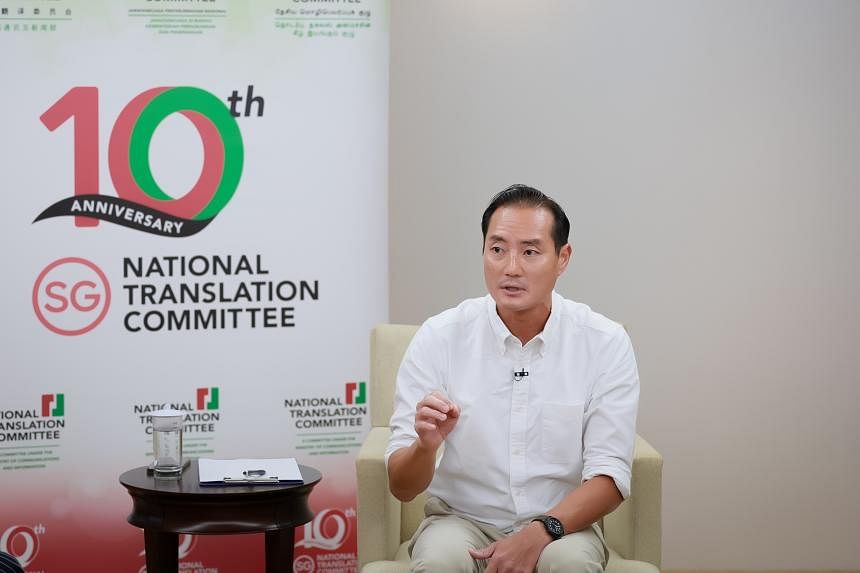SINGAPORE – Technology will never replace human translators, but it can complement and enhance the work of a translator, said Senior Minister of State for Communications and Information Tan Kiat How.
“Translation is very important in our multicultural, multi-religious and multilingual society. Importantly, translation is intertwined with heritage and culture... and it’s about bridging communities together.”
Only human translators can check and confirm the cultural contexts and nuances. But with the help of technology, instead of taking around 10 hours to translate something, the translation may be done in 10 minutes.
“So, the machine may do 60 to 70 per cent of the work, and humans do the remaining 30 to 40 per cent,” said Mr Tan, who chairs the National Translation Committee (NTC), at an interview with the media for the committee’s 10th anniversary in 2024.
The demand for translators has also increased with the many technology start-ups and companies today, Mr Tan noted. Instead of relying solely on off-the-shelf translation engines, these firms need human translators who can help customise and refine the language for the target market.
“I’m very confident that in the next 10 years, the (translation) industry will continue to transform and change because of technology,” he said, adding that the new roles require translation professionals who can use technology and understand both the business and the cultural contexts.
Established on March 1, 2014, the NTC comprises members from the translation and language industries, media and academia, as well as government representatives. Its objectives include raising translation standards and nurturing the next generation of translation talent in Singapore. Its secretariat is staffed by the Ministry of Communications and Information.
The NTC has used technology to raise translation standards and productivity through the SG Translate Together Web portal, which was launched in 2022 to help translators with uniquely Singaporean terms.
This built on the Citizen Translators project launched in 2021 to raise the standards of translation and language in government communication materials. Run by the NTC, it has more than 2,000 citizen translators aged 15 to over 70 from all walks of life, who flag errors and provide suggestions to refine translations in Singapore’s four official languages.
Besides technology, talent and community are also part of the NTC’s road map for the next decade, details of which will be shared in greater detail at its 10th anniversary conference on Nov 15.
Mr Tan said the NTC has set a very strong foundation in the past decade in bringing together like-minded partners from the community who are passionate about languages and translation, to work on shared objectives like improving public communications.
He said he was optimistic about growing this pool, even though English is a dominant language in Singapore and the standards of vernacular languages have declined.
“We are seeing many young Singaporeans who are very keen to learn about language and, because of the love of language, they get involved in translation.”

One initiative to invest in talent is the Translation Talent Development Scheme, a grant launched in 2018 that supports full-time and freelance Singaporean translators and interpreters to further their capabilities and attain mastery of their skills. Awarded recipients can receive up to $10,000, to offset 90 per cent of the expenses incurred in their participation of relevant programmes.
More than $240,000 has been disbursed to 36 award recipients by March 2024.
Mr Tan said: “As we continue to invest in our people, improving their capabilities in understanding nuances and cultural contexts, and to use technology effectively, our translators will be in demand around the world.”
The NTC has three resource panels for Chinese, Malay and Tamil. Members assist with standardising the translations of terms in the official languages and advise on the appropriateness of terms in the official languages adopted by the media and government agencies.
One of them is Ms Teo Kah Hui, 47, the global localisation manager at games technology services provider Keywords Studios. She has more than 15 years of experience working on the localisation of console, mobile and online games for clients.
“Technology will never replace human translators,” she said. “Languages evolve, and we need to keep up with the latest trends daily, including inclusive language use to be sensitive to different cultural backgrounds.”

Citizen translator Nuriana Yahya, 37, a freelance Malay copy editor, hopes more young people will step forward as translators. It will improve their command of the Malay language through frequent use, and promote diplomatic ties with the region, where the language is used widely, she said.
To attract the young, she suggested making communications materials more appealing, including using new platforms like TikTok and Instagram to bring them on board.
Mr Ganardhipan Mathialaku, 29, a senior specialist at the Migrant Workers’ Centre in Singapore and a citizen translator, said the NTC can consider using a gamified approach to draw the young to be citizen translators.


